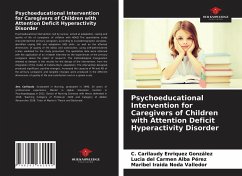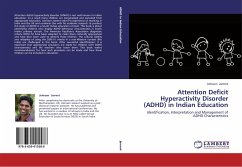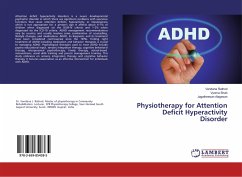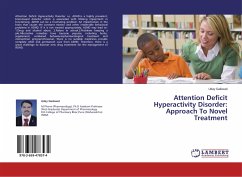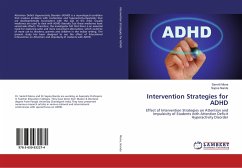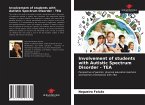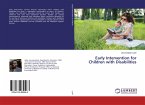Psychoeducational intervention, led by nurses, aimed at adaptation, coping and quality of life of caregivers of children with ADHD. The quantitative study characterized the primary caregivers according to sociodemographic variables, identified coping (PA) and adaptation (AD) skills, as well as the affected dimensions of quality of life (QOL) and satisfaction, using self-administered scales validated for the study presented. The qualitative data were obtained with the application of an in-depth interview on the experiences of the primary caregivers about the object of research. The methodological triangulation allowed to deepen in the results for the design of the intervention, from the integration of the model of Callista Roy's adaptation. The intervention designed produced significant, positive changes, increased the capacity of PA and AD of the primary caregivers and tangible changes were produced in the different dimensions of quality of life and satisfaction and on a global scale.
Hinweis: Dieser Artikel kann nur an eine deutsche Lieferadresse ausgeliefert werden.
Hinweis: Dieser Artikel kann nur an eine deutsche Lieferadresse ausgeliefert werden.

